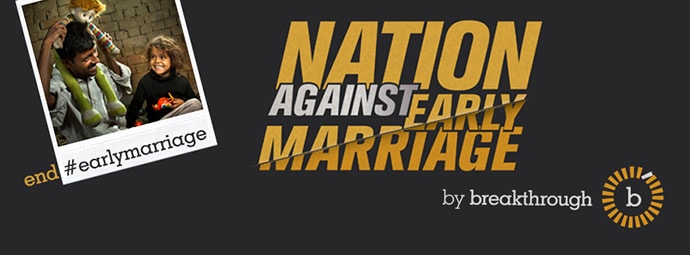Blog
Posted on April 22, 2019
By Cyndie Berg, Director of Business Development, Splash

11 year old Kidist uses the water station at her school in Addis Ababa. Photo credit: Gavin Gough for Splash.
In March, Splash’s Seattle office hosted two of its leaders from Ethiopia: Dawit Alemishet, Country Director, and Kelbessa Wordofa, Director for Project WISE (WASH-in-Schools for Everyone). They were in town to meet with colleagues planning the launch of Project WISE (WASH-in-Schools for Everyone), an initiative to reach every government school in Addis Ababa, Ethiopia, and Kolkata, India, with WASH infrastructure (water storage, filtration systems, drinking and handwashing stations, and improved toilet facilities), as well as behavior change programs for children and adults, and strengthened menstrual health services for girls aged 10 and above.
Splash has reached 79 schools serving 78,000 children in Addis Ababa, and 194 schools serving 55,985 children in Kolkata. Through Project WISE, the organization expects to reach approximately 1,600 schools serving one million children by 2023.
Splash’s efforts will benefit even more children like Kidist, a fifth-grader who is 11 years old. Kidist is very pleased about the improvements that Splash has made at her school. She especially loves the different colored drinking and handwashing stations and is attracted to wash her hands and drink from them.
Continue Reading
Posted on March 25, 2019
By Urvashi Gandhi, Director of Advocacy, Breakthrough

11.30 a.m. I was sitting in classroom 8-C when my younger brother came running to call me home. The groom’s family was here. They wanted an early wedding. My father wanted me to go home immediately.
My mother wanted me to wear a sari.
No one asked me what I wanted.
The next day I spoke to my class teacher. I told her I wanted to study. She discussed it with the principal.
She, and fifteen of my classmates came to talk to my father. At first, my father refused to listen, and my classmates refused to leave.
Today, I am back at school. I am studying to take the board exam next year. I am to teach at my village school.
Reena Kumari (name changed), Ranchi
In states like Jharkhand (India), close to 40% of young girls are married before the age of 18.
Even though India has seen a dip in child/early marriage from 47% to 27% it still contributes to one-third of the world’s child brides. These reductions are primarily in the age group of 0-10 years, but adolescent girls still remain at high risk of early marriage.
Continue Reading
Posted on March 18, 2019
By Riley Grace Borden, Guest Writer
A crowd of Seattleites of all ages gathered on Friday, March 8, at the SIFF Theater Seattle premiere screening of the latest chapter of Girl Rising’s short film, Brave Girl Rising. The CEO of Girl Rising, Christina Lowery, participated in a panel discussion after the showing, along with the executive director of Global Washington, Kristen Dailey, and the executive director of the International Rescue Committee in Seattle, Nicky Smith.
Continue Reading

